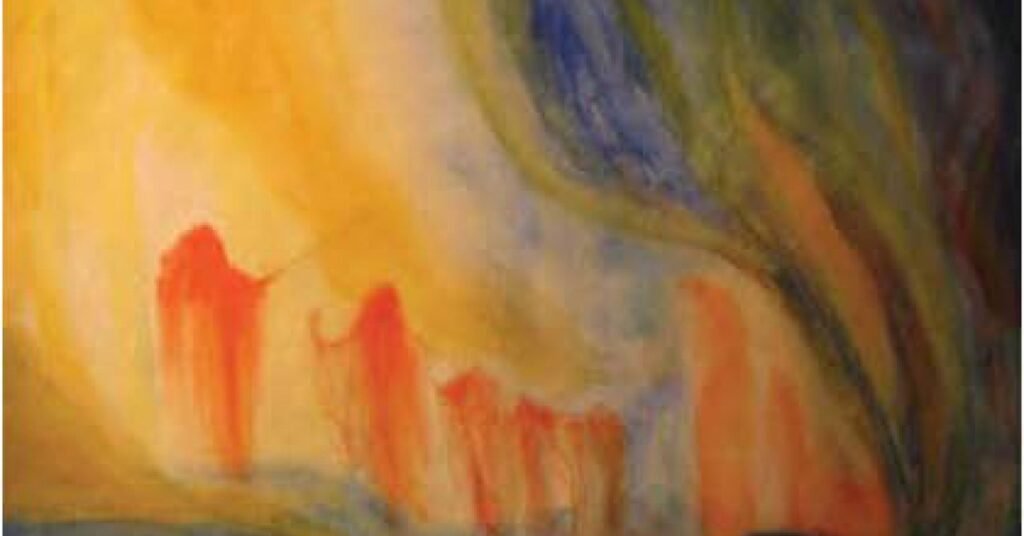Deep in a mountain lies a vast, dark cave where cold walls reflect the flickering light of a fire, creating a eerie atmosphere. Within this cave are prisoners who have been there since childhood, only able to see blurry shadows cast on the wall by mysterious figures moving behind them. This chilling image lies at the heart of Plato’s allegory of the cave, which goes beyond philosophical theory to symbolize both the external world and the inner barriers of the mind.
The cave represents our mental landscape of conditioned perception, where we are influenced by beliefs, cultural narratives, and emotional defenses that we have developed since childhood. Just as the prisoner in Plato’s story is liberated from the cave and exposed to the truth outside, achieving psychological freedom requires a process of unlearning and breaking free from false illusions. This journey of self-discovery and growth is akin to the process of therapy, where we identify and replace automatic thoughts to climb out of the cave of our conditioned perceptions.
Plato’s allegory also highlights the difference between perception – raw sensory data – and apperception, which involves assigning meaning through reflection and insight. In today’s digital age, where AI tools generate content and social media feeds tailor information based on our preferences, it is essential to cultivate digital discernment to distinguish between authentic experiences and illusions.
Modern society faces challenges similar to those presented in Plato’s cave, with algorithmic echo chambers on social media reinforcing existing beliefs and distorting reality. Deepfakes and emotional manipulation further complicate the quest for truth and understanding. To combat these challenges, individuals must actively seek out diverse perspectives, engage in honest dialogue, and resist the allure of algorithmic caves that promote insulation and illusion.
The journey from illusion to embodied insight is a transformative process that requires courage, vulnerability, and a willingness to confront uncomfortable truths. By surrendering certainty and embracing uncertainty, individuals can experience profound growth and develop a deeper understanding of themselves and the world around them. Ultimately, the goal is to awaken from illusion, reclaim discernment, and seek the kind of truth that can only be revealed through lived experience and introspection.
Plato’s allegory serves as a powerful reminder to question inherited beliefs, challenge societal norms, and embrace change with humility and reflection. By undertaking this multidimensional journey towards realistic understanding, individuals can break free from the chains of illusion and cultivate a deeper sense of truth and authenticity in their lives.

